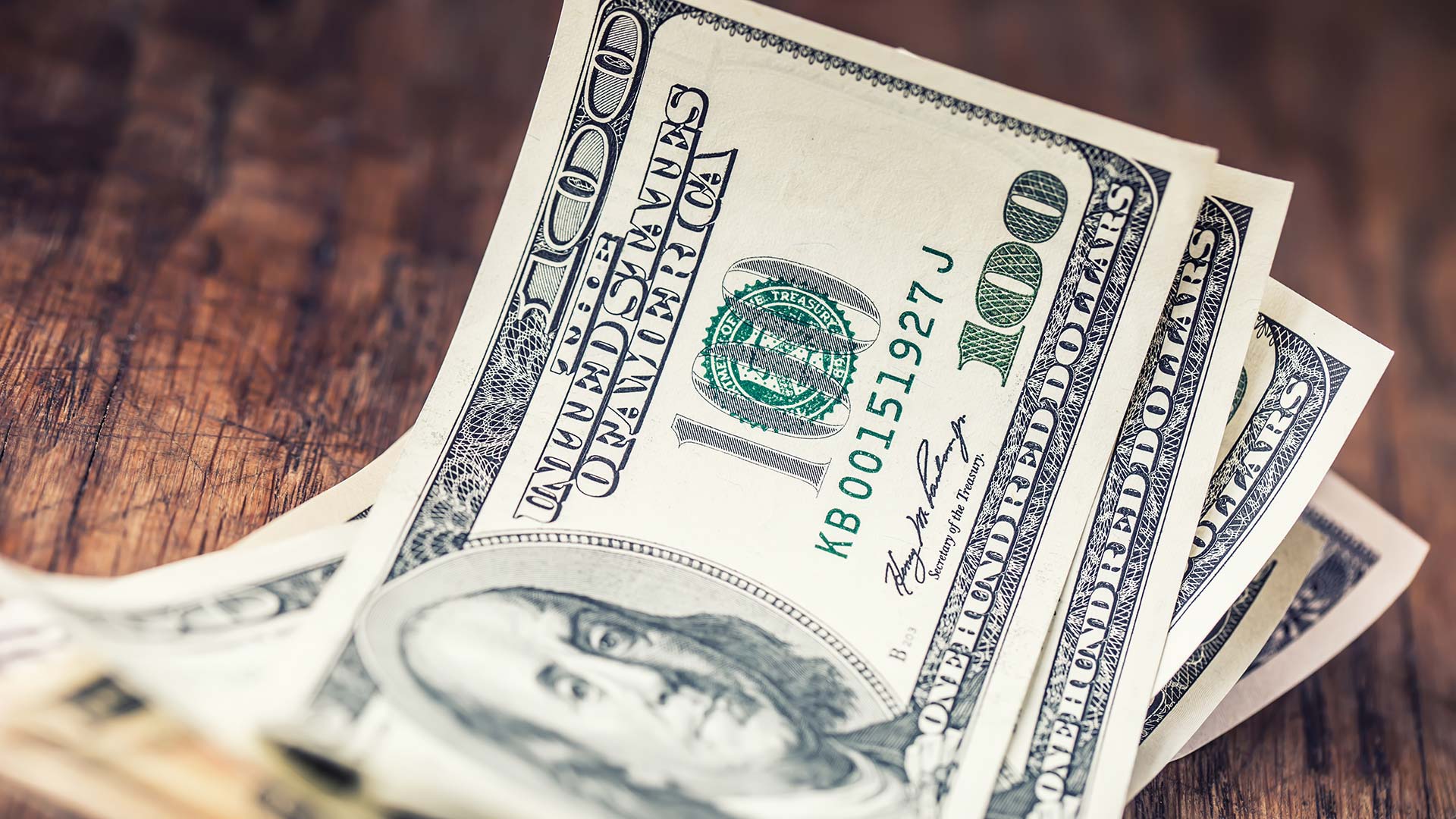Many countries resent the economic power the dollar bestows on the US, but weaning themselves off the greenback is no easy task.

One of Russia’s main objectives since its last incursion into Ukraine in 2014 has been to reduce its reliance on the dollar to minimise the impact of US-led sanctions and move trading power eastwards.
Russia has been keen to point out that only just over half its total exports are denominated in dollars now compared to around 80% in 2013. But this does not mean that Russia doesn’t need dollars because 60% of goods exported from China to Russia are paid for in dollars. Only 23% of goods flowing in the other direction are paid for using the US currency.
Other countries would also like to reduce the impact of the dollar on their economies. The Maldives Monetary Authority has previously outlined its intention to implement currency substitution or de-dollarisation in 2022 and the Assistant Governor of the National Bank of Cambodia has spoken of that country’s desire to reduce its dependence on the dollar.
In Turkey, where inflation is rampant and the lira has crashed against the dollar since the start of last year, experts have suggested the government might resort to ‘deglobalising’ the lira by reintroducing capital controls, limiting access to foreign currency, and going through reserves stocks to defend its currency.
But shifting the focus from the dollar is easier said than done. Maia Nikoladze and Mrugank Bhusari, Programme Assistants at the Atlantic Council’s GeoEconomics Center, note that greater use of other currencies presents different challenges. For example, using the euro decreases Russia’s exposure to US sanctions but does not shield the Russian economy from EU sanctions.
Additionally, the dollar’s continued primacy as the medium of exchange in international currency markets means selling euros in exchange for rubles is likely to be difficult without going through the dollar – as Iran has found out.
Unless countries expand currency swap agreements between themselves and with other countries, or develop alternatives such as a central bank digital currency (CBDC) that bypasses the dollar, this indirect involvement of the greenback blunts the force of de-dollarisation.
Michael Bernstam, a research fellow at Stanford University’s Hoover Institution, does not expect the dollar to be replaced as the dominant global reserve currency any time soon.
“The Chinese experimented with bypassing the dollar for years and have given up,” he says. “The US is the most desirable market for all countries and many of them run current account surpluses with the US which they use to purchase US government bonds – denominated in US dollars – as the safest asset, especially for central bank foreign exchange reserves.”
Chief Economist at macroeconomic and geopolitical advisory firm Greenmantle, Dimitris Valatsas, reckons there is little appetite for a genuine alternative to SWIFT as a mechanism for reducing the world’s dependence on the dollar.
“SWIFT is just the messenger – even if it were replaced by a different system or technology, that would not impact the currency on which international finance is based,” he explains. “The dollar is used in the great majority of international transactions because of its attributes as a high quality currency (high liquidity, low volatility, global acceptance) rather than because it is tied to any particular payments technology.”
In relation to the effect of sanctions against Russia’s central bank, Bernstam notes that the social unrest caused by either the collapse of the country’s banking system or the government forcibly converting FX-denominated deposits into rubles would be exacerbated by the inaccessibility of the sovereign wealth fund to support government social expenditures.
In this scenario he would expect efficient parts of the economy to actually dollarise as suppliers demand dollars from customers across the supply chain.